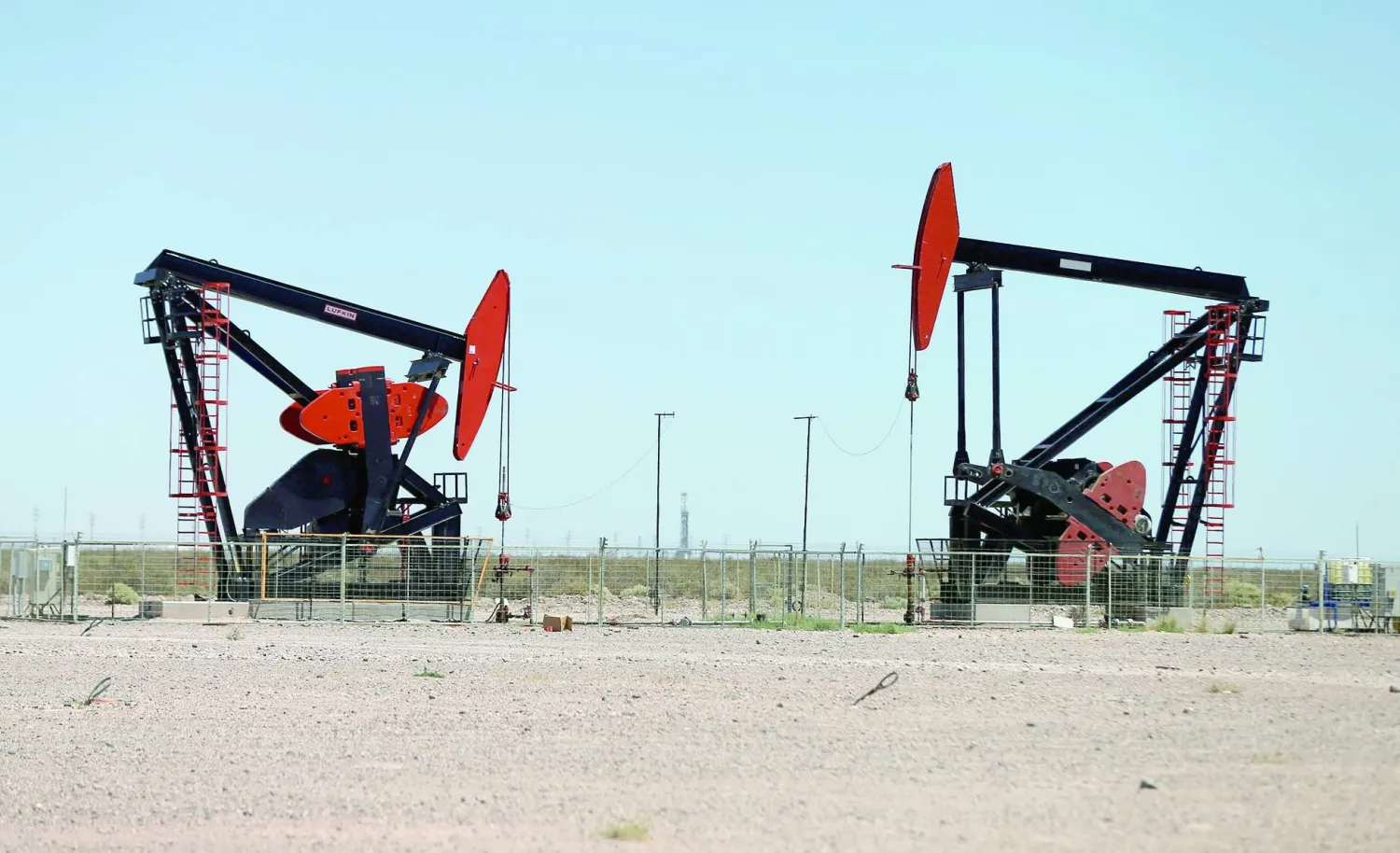Oil prices extended declines on Monday amid signs of weak fuel demand and as comments from US Federal Reserve officials dampened hopes of interest rate cuts, which could slow growth and crimp fuel demand in the world's biggest economy.
Brent crude futures slid 25 cents, or 0.3%, to $82.54 a barrel by 0505 GMT, while US West Texas Intermediate crude futures were at $78.07 a barrel, down 19 cents, or 0.2%, Reuters reported.
"Oil markets shrugged off the impact of the Middle East conflicts and shifted attention to the world economic outlook again," Auckland-based independent analyst Tina Teng said.
China's producer price index (PPI) contracted in April, suggesting that business demand remained sluggish, she said, adding that recent US economic data signaled a slowdown as well.
Both benchmarks settled about $1 lower on Friday as Fed officials debated whether US interest rates are high enough to bring inflation back to 2%, offsetting gains earlier last week from the Israel-Gaza conflict.
Analysts expect the US central bank to keep its policy rate at the current level for longer, supporting the dollar. A stronger greenback makes dollar-denominated oil more expensive for investors holding other currencies.
Oil prices also fell amid signs of weak demand, ANZ analysts said in a note, as US gasoline and distillate inventories rose in the week ahead of the start of the US driving season.
Refiners globally are struggling with slumping profits for diesel as new refineries boost supplies and as mild weather in the northern hemisphere and slow economic activity eat into demand.
Still, the market remained supported by expectations that the Organization of the Petroleum Exporting Countries and their allies, together known as OPEC+, could extend supply cuts into the second half of the year.
Iraq, the second-largest OPEC producer, is committed to voluntary oil production cuts agreed by OPEC and is keen to cooperate with member countries on efforts to achieve more stability in global oil markets, its oil minister told the state news agency on Sunday.
The minister's comments followed his suggestion on Saturday that Iraq had made enough voluntary reductions and would not agree to any additional cuts proposed by the wider OPEC+ producer group at its meeting in early June.
Earlier this month, OPEC+ called out Iraq for pumping over its output quota by a cumulative 602,000 barrels per day in the first three months of 2024. The group said that Baghdad had agreed to compensate with additional production cuts over the rest of the year.
In the US, the oil rig count fell by three to 496 last week, their lowest since November, Baker Hughes said in its weekly report on Friday.
Oil Extends Fall on Signs of Weak Fuel Demand, Strong Dollar

FILE PHOTO: Oil pump jacks are seen at the Vaca Muerta shale oil and gas deposit in the Patagonian province of Neuquen, Argentina, January 21, 2019. REUTERS/Agustin Marcarian/File Photo

Oil Extends Fall on Signs of Weak Fuel Demand, Strong Dollar

FILE PHOTO: Oil pump jacks are seen at the Vaca Muerta shale oil and gas deposit in the Patagonian province of Neuquen, Argentina, January 21, 2019. REUTERS/Agustin Marcarian/File Photo
لم تشترك بعد
انشئ حساباً خاصاً بك لتحصل على أخبار مخصصة لك ولتتمتع بخاصية حفظ المقالات وتتلقى نشراتنا البريدية المتنوعة







